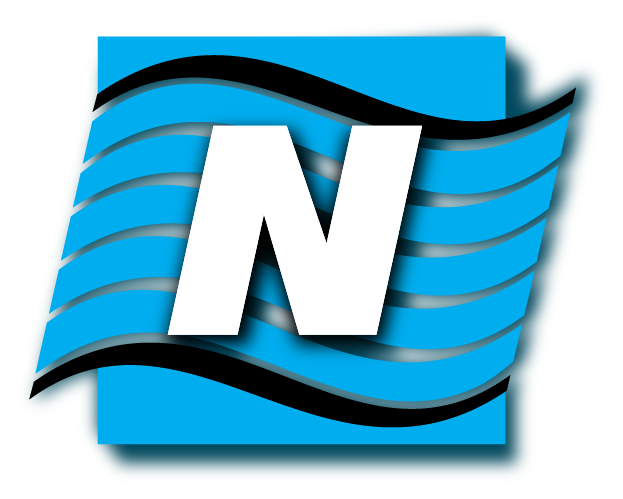
Basic Training For Oil and Chemical Tanker Cargo Operations
Description of the course
Target group
This training program is intended for individuals with specific duties related to the loading, unloading, care in transit, or handling of oil and chemical cargoes on board oil and chemical tankers. The course fully complies with the requirements of Section A-V/1-2 of the STCW Code, which was adopted by the International Convention on Standards of Training, Certification, and Watchkeeping for Seafarers in 1978 and subsequently amended.
This training program is intended for individuals with specific duties related to the loading, unloading, care in transit, or handling of oil and chemical cargoes on board oil and chemical tankers. The course fully complies with the requirements of Section A-V/1-2 of the STCW Code, which was adopted by the International Convention on Standards of Training, Certification, and Watchkeeping for Seafarers in 1978 and subsequently amended.
Objectives of the course
Upon successful completion of this training, a trainee should possess the necessary knowledge, skills, and competence to carry out basic duties related to the safe loading, discharging, and care in transit or handling of cargoes on board oil and chemical tankers. This includes a fundamental understanding of the characteristics and hazards associated with different cargoes, as well as relevant regulations and codes governing their transportation. The trainee will also be able to identify risks and take appropriate measures to mitigate them, ensuring the safe and efficient transportation. This course provides a foundation for further specialised training and experience required to assume greater responsibilities on board oil and chemical tankers.
Upon successful completion of this training, a trainee should possess the necessary knowledge, skills, and competence to carry out basic duties related to the safe loading, discharging, and care in transit or handling of cargoes on board oil and chemical tankers. This includes a fundamental understanding of the characteristics and hazards associated with different cargoes, as well as relevant regulations and codes governing their transportation. The trainee will also be able to identify risks and take appropriate measures to mitigate them, ensuring the safe and efficient transportation. This course provides a foundation for further specialised training and experience required to assume greater responsibilities on board oil and chemical tankers.
Duration of the training course
The duration of the Basic Training for Oil and Chemical Tanker Cargo Operations is 4 working days.
The duration of the Basic Training for Oil and Chemical Tanker Cargo Operations is 4 working days.
Price
The price is 290 EUR.
The price is 290 EUR.
Certificate validity
Certificate validity is unlimited.
Certificate validity is unlimited.
Course contents
The Basic Training for Oil and Chemical Tanker Cargo Operations covers the following topics:
The Basic Training for Oil and Chemical Tanker Cargo Operations covers the following topics:
- Introduction;
- Oil and Chemical tankers;
- Physical and chemical properties of petroleum and chemical cargoes;
- Safety culture and safety management on tankers;
- Cargo operations;
- Hazards associated with tanker operations;
- Hazard control;
- Material Safety Data Sheet (MSDS);
- Gas measuring instruments. Operating principles, accuracy and limitations;
- Personal protection and safety equipment;
- Personal safety on tankers. Safe working practice;
- First-aid procedures from Material Safety Data Sheets;
- Emergency operations and actions in case of fire;
- Fire hazards and ignition sources on oil and chemical tankers;
- Fire extinguishing media;
- Fixed foam fire extinguishing system;
- Portable fire-fighting foam equipment;
- Fixed dry powder fire extinguishing system
- Oil, chemical spill prevention during fire-fighting operations;
- Shipboard emergency procedures and emergency stop of cargo operations;
- Petroleum and chemical cargoes exposure hazards to ship personnel and marine organisms;
- Marine environment pollution prevention procedures;
- Respond to marine spills;
- Assessment and Discussion.
Income requirements
To be assigned on Basic Training for Oil and Chemical Tanker Cargo Operations, participant should present:
To be assigned on Basic Training for Oil and Chemical Tanker Cargo Operations, participant should present:
- Valid identity document (passport/ID card);
- Seamen’s book;
- “Basic Safety” training course certificate approved by the Administration, in accordance with STCW Code A-VI/1 standards requirements.
Training approaches and equipment:
This course provides a comprehensive approach to learning, combining classroom lectures and presentations. The course includes written practical tasks, group work, and demonstrations.
This course provides a comprehensive approach to learning, combining classroom lectures and presentations. The course includes written practical tasks, group work, and demonstrations.
Location
Riga, Latvia
Riga, Latvia
Course limitations:
The maximum number of participants – 24 persons.
The maximum number of participants – 24 persons.
Approval
The course covers all subject areas recommended by IMO Model Course 1.01 “Basic Training for Oil and Chemical Tanker Cargo Operations”, taking into account all STCW Convention Manila Amendments changes.
The course is certified by Latvian Maritime Administration.
The course covers all subject areas recommended by IMO Model Course 1.01 “Basic Training for Oil and Chemical Tanker Cargo Operations”, taking into account all STCW Convention Manila Amendments changes.
The course is certified by Latvian Maritime Administration.

Meet the Experts Behind This Course
You might also be interested in following courses:
Check the course days on our calendar
Contact us

